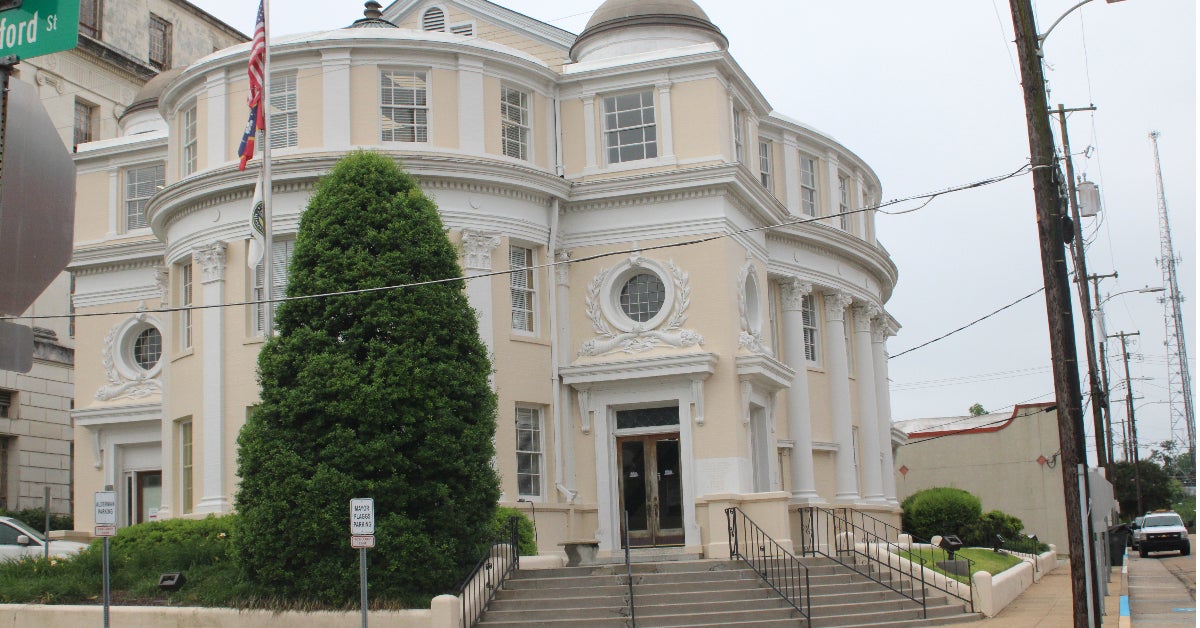Tickets on sale for Balfour Ball
Published 12:01 am Sunday, November 30, 2014
Tickets are on sale now for the Old Court House Museum’s annual Balfour Ball, which commemorates the most famous night of dancing in Vicksburg’s history.
Tickets are $25 each for the Balfour Ball, set for 6:30 p.m. Saturday, Dec. 13 in the courtroom of the Old Court House Museum, said Bubba Bolm, curator of the museum.
“There will be old time music by Bridging the Gap and old time dancing,” Bolm said.
Victorian style ball gowns can be rented from the Vicksburg Convention and Visitors Bureau, and people who are unfamiliar with dance styles of the time period can take free lessons at the museum on Dec. 11 and 12, Bolm said.
The first Balfour Ball was held Dec. 24, 1862 at the home of Emma and Dr. William T. Balfour at Cherry and Crawford streets.
“It’s a historical re-enactment of the Balfour Ball that Mrs. Balfour held to honor the defenders of Vicksburg,” Bolm said.
The guest list included Brig. Gen. Martin Luther Smith, who helped plan and construct the defenses of Vicksburg and Lt. Gen. Stephen D. Lee, who after the war helped establish Vicksburg National Military Park and became president of what would become Mississippi State University.
What was supposed to be a relaxing evening was cut short as Confederates spotted Union gunboats headed toward Vicksburg.
Col. Phillip H. Fall, a Vicksburg native, was on duty at the telegraph station at DeSoto Point, La., across the Mississippi River from Vicksburg when he received a message that seven gunboats were seen near Lake Providence, La.
Fall rushed to a small skiff and crossed the Mississippi to Vicksburg in the midst of a storm. He burst into the Balfour home muddy and disheveled and interrupted the ball.
“This party has come to an end,” Smith, the commanding general, announced to the guests. “The enemy is coming downriver.”
By the end of that week, Union Gen. William T. Sherman’s army had attacked and been repelled by Smith’s men at the Battle of Chickasaw Bayou.





